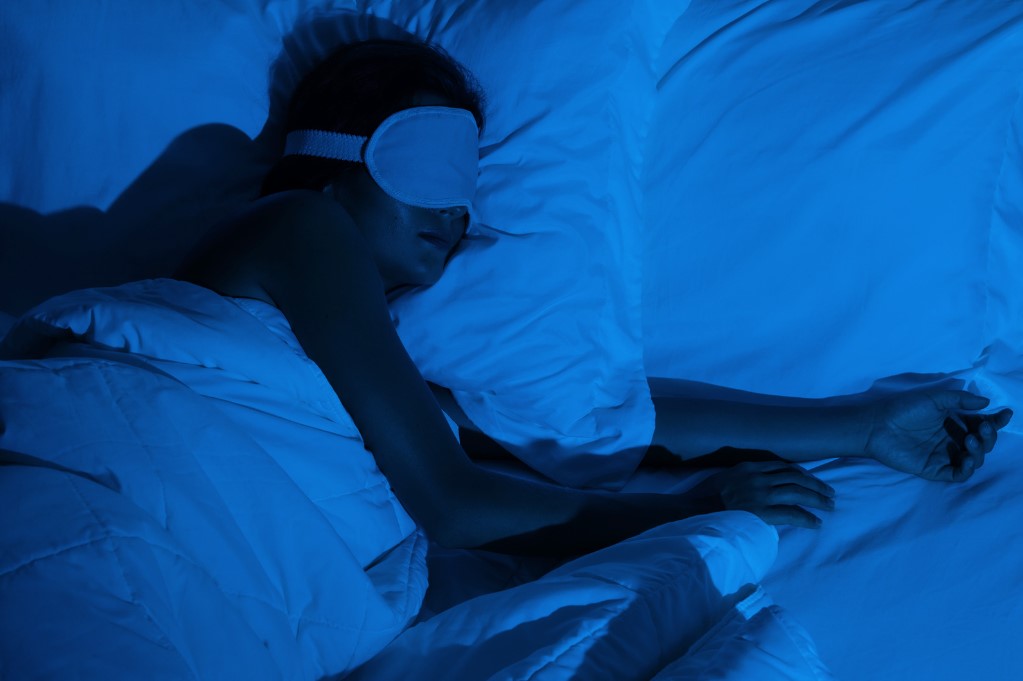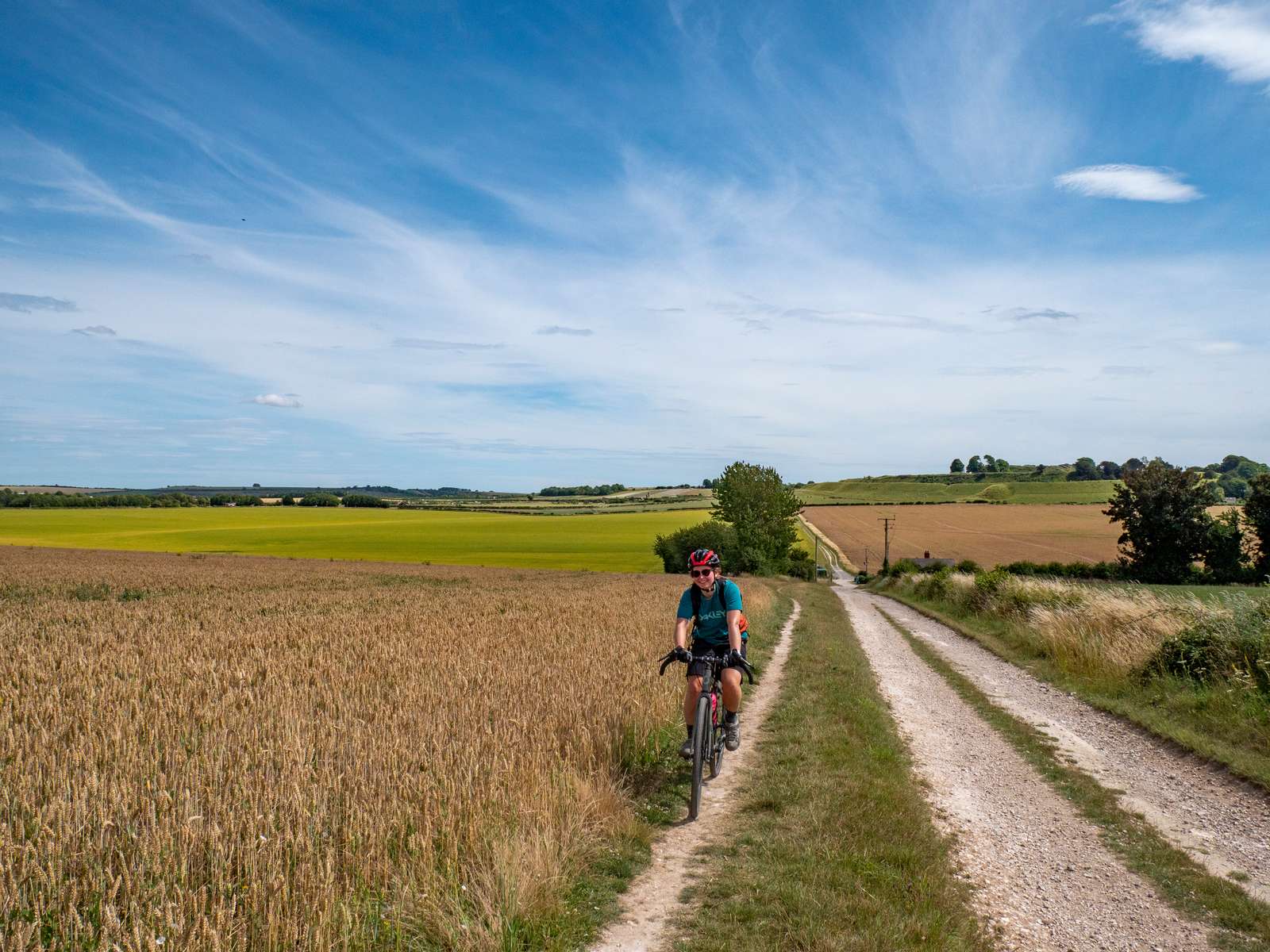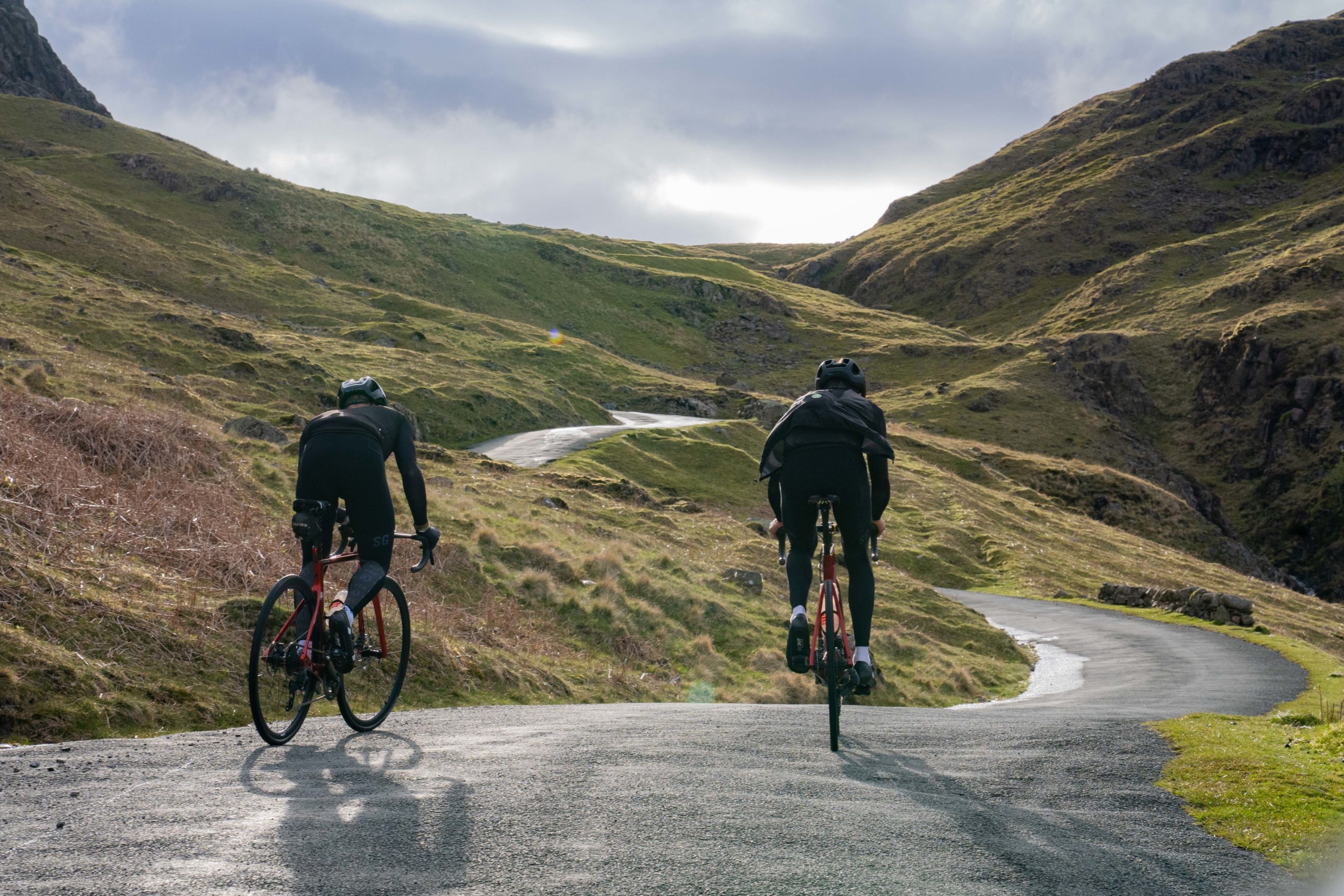Dream Cycle: The importance of sleep for cyclists

In this article, YJ x BTF Age group ambassador, Hussain Al-Zubaidi, drills down into the importance of sleep and how it plays such an important role in mental health and physical wellbeing.
So plans are underway for a long weekend ride with the crew and of course to fit it in around life and make sure we don’t get back at night, the ride must commence at a spritely 6am! We meet in the middle which means I need to be out the door at 5.30am on a Saturday, someone remind me why I chose cycling??
I am tempted the night before to stay up and watch that extra episode of Tour De France, Unchained and my wife certainly wants to continue watching and not go to bed at 9pm, however she also lectures on sleep so forces me upstairs to get a good night’s rest and agrees she won’t watch without me (who knows?).
Sleep is a fundamental pillar of health which often goes on the back burner because we learn to get by without enough shut eye. Though in this age of a sleep crisis we need to prioritise it as without we make it harder for ourselves to lead healthier lifestyles, how can we eat well, manage our moods and work-life day if we don’t have the energy?
A lack of sleep can impact our metabolism leading to increased risk of weight gain and diabetes, it can increase our risk of Alzhemiers and contribute to decline in our mental health. Sleep and physical activity have a symbiotic relationship in that good sleep can improve your performance and exercising can improve the depth and duration of your sleep.
There are two types of sleep:
1-Rapid eye movement sleep- also known as dream sleep
2-Non-rapid eye movement sleep- which consists of the deeper stages of sleep
During the process of sleep our brain is triaging the day and deciding what to keep and what to chuck. It integrates new learning and experiences with the old thus forming memories. We cycle (no pun intended) between stages 1 and 2 through the night on average 5-7 times, so there are times when you are easier to rouse (in stage 1 and early stage 2) than others.
When you are dreaming your muscles are paralysed so you don’t act out your cycling dreams of free falling down that steep descent as we all know that is dangerous despite the surging adrenaline of making it to the top.
We can’t just think of sleep as our actual time sleeping and the hours before bed, it is a 24 hour/7 day a week process. This is where the other aspects of lifestyle medicine come in; nutrition, physical activity, substance use, relationships and mental wellbeing. I am sure we can all relate to how challenges in these areas have impacted our sleep. So think about how each day you can do something in each area and I have some suggestions below:
Nutrition: is your plate colourful? Aim for diversity in foods, lots of fruit, vegetables as well as probiotics like yogurt and healthy fats, for good gut health which will reduce the risk of tummy upset when training and issues like gluten intolerance. Try to cut back on ultra processed foods. Think about taking whole foods on your rides; nuts, dried fruit, wholemeal bread and jam, bananas.
Physical activity: the morning ride is not such a bad idea after all, exercising first thing can really kick start the wakefulness process and put us in good stead to wind down at night.
Substance use: perhaps switch some alcoholic beverages for alcohol free, seek help for smoking cessation if needed, if you are over consuming caffeine maybe switch some drinks to de-caff.
Relationships: This has been shown to be one of the biggest determinants of happiness. Think about how each day you can connect with family and friends, be it having a screen free drink or meal with them or maybe even squeeze in an evening ride or social Zwift ride.
Mental Wellbeing: cycling outdoors is in my opinion a fantastic way to blow of some cobwebs, but of course we may not be able to or want to (in England) do that daily. The important thing is you find something fulfilling for yourself, something you can look back and be happy you did. If that Bradley Wiggins bio that got for Christmas is still sitting there waiting to be read, why not pick it up even for 10 minutes a day.
 Image: Cycling UK
Image: Cycling UK
1-Have a routine, which means you set aside hours for good sleep. How much we need varies but if you feel refreshed on waking and alert most of the day then you are getting it right. See how you can make this work for the whole family and it may mean a reduction in screen time for everyone. Our phone screen time can be very telling for hours we could be spending doing other things, like sleeping!
2-Avoid heavy meals and caffeinated drinks before bed, your last caffeinated drink should be ideally 8 hours before. Caffeine lingers for this long so even if you can fall asleep, the remaining caffeine in your system will linger and will affect the quality of sleep you get.
3-Relax your mind and slow down your thoughts; life is very busy and there are endless things to get on top off. Find ways to switch off such as jotting things down for later or agreeing with yourself that you will set aside 15-30 mins per day to reflect on your worries and plan a course of action.
4-Limit or avoid alcohol; whilst it can make you sleepy it does not induce the natural sleep process and you will often wake feeling groggy. It can also affect your dream stage of sleep which is really important for memory and learning, which is why sometimes you may not remember the events of the night before if you had a lot of alcohol.
5-Use the light; try to get natural light into your eyes when you wake up or if it’s still dark turn on the lights to help supress the sleep hormone Melatonin and boost the alertness hormone Cortisol. If you are waking up feeling a bit sluggish then this can really help.

Phones before bed?
Absolute no-no, not only does it keep your mind overstimulated the blue light that comes from the screen suppresses the sleep hormone Melatonin, that tells your body it is time to go to sleep.
‘’I can’t function without coffee’’
You can I promise you. Coffee is not all bad but caffeine binds to our sleepiness receptors and blocks the sleep chemical Adenosine that is there to makes us actually feel sleepy and builds up over the day, so when the caffeine wears of the receptors get attacked by the sleep chemical and you may suddenly feel very tired. At which point you will reach for more caffeine and the cycle ensues. So if you feel groggy, like first thing or mid-afternoon try ride it out or find things like exercise to make you more alert as these help to clear the adenosine, then have your caffeine and this will hopefully avoid waking crashes.
No exercise before bed
Exercise raises our core body temperature, and the opposite is needed to initiate the sleep process. Which is also why your bedroom should be kept cooler than other rooms. So ideally avoid exercising within 4 hours of bed time, however if that is the only time you have then it is better to exercise than skip it all together.
Should I have a mid-day nap and cuddle and with the doggo/kids (if they actually agree to nap)?
Naps are fine if you need a re-charge providing they do not impact your night time sleep. If you are not getting good quality sleep at night, then this should be prioritised before adding in naps.
So just like you learned to ride with confidence over the years, learning to sleep better is too a process of regular commitment and practice, you may not smash it all everyday but all those little parts add up and keep those cogs of life well-oiled and turning as smoothly as they can.








